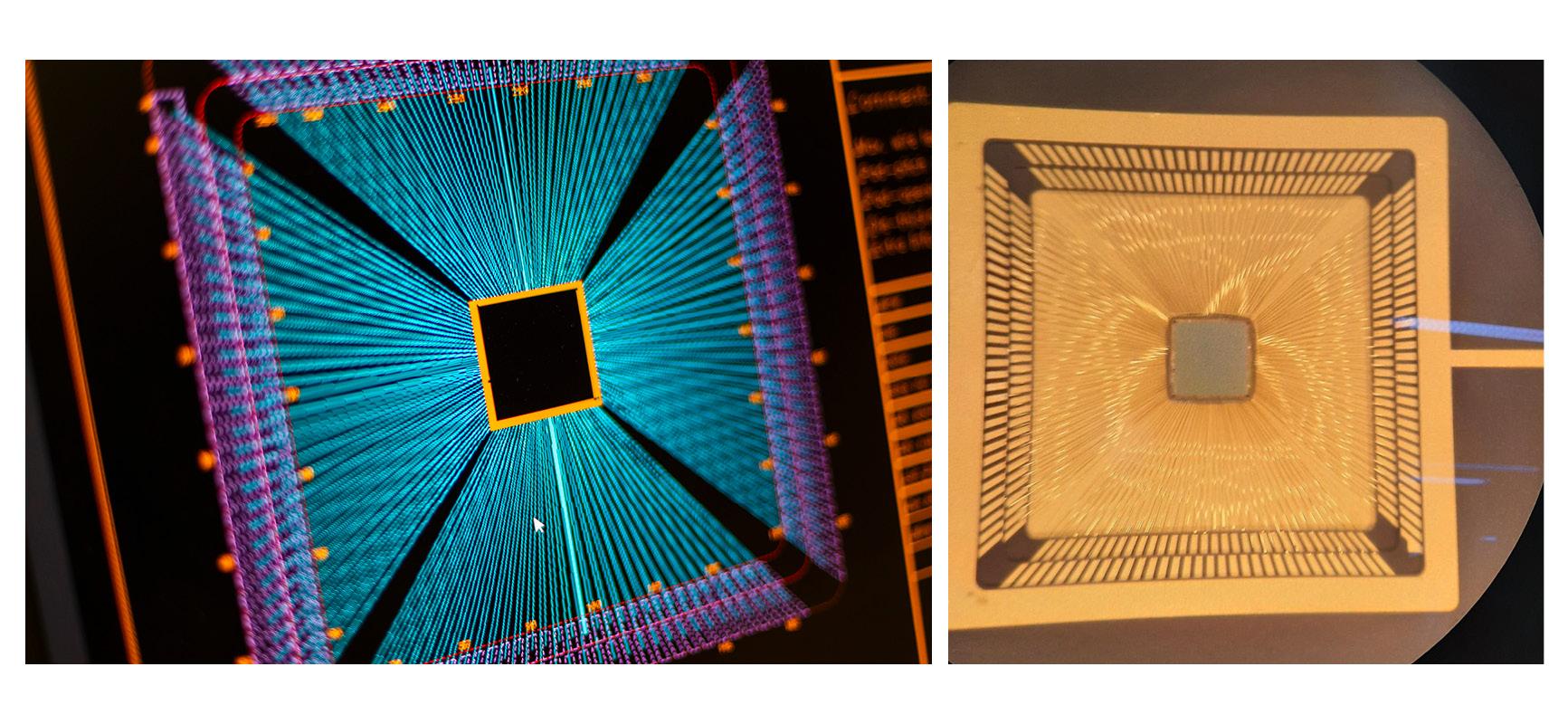Microchips are everywhere in the modern world. They are the heart of every piece of technological equipment you can imagine. Technology companies have started to focus more and more on System-on-Chips which combine all the functions of a device to a same chip. They are a key element in the technological development and can increase a company’s competitiveness significantly. By developing their own SoCs, companies can control their whole roadmap from silicon to web and differentiate by insourcing key expertise to themselves. All the top technology companies of the world have their own internal SoC technology development.
System-on-Chip development is a very special area to master. When it comes to tackling significant challenges in the industry no-one can make it alone: this requires global cooperation of companies and research organizations. Both need new talents and fresh thinking in order to succeed in the future world.
The disruptive potential of the SoC technology
System-on-Chip technology is the cornerstone of the EU’s digital transformation. Europe’s main competitors in the chip manufacturing are Asia and USA, but Europe is now significantly stepping up its game to increase technological sovereignty of the continent. EU Chips Act is a new initiative to increase European chip production capacity from 10% to 20% of the world market by 2030. IC manufacturing companies and EU will invest over 43 billion euros to support the Chips Act.
SoC development is also connected to the geopolitics. SoCs are critical for supply chains. Therefore, increasing skills in the SoC field will increase the security and decrease dependence on other countries. SoCs also have potential to increase data security.
Build your expertise in SoC design at Tampere University
Considering the development of the industry and where the world is going today, it is safe to say that there is an ever-growing demand for the System-on-Chip design experts in the technology field. The demand is already now very high. The IC experts specialized in SoC design have a lot of value in the job market today and companies are eager to hire all good candidates, whether they were in the beginning of their career or more experienced professionals. If you are good at what you do and most importantly eager to learn and genuinely interested, your chances to make a flourishing career in SoC development are high.
Tampere University has a unique combination of expertise areas covering the whole pipeline of SoC development from silicon to chip. In addition to the academic expertise and wide range of courses, Tampere University is experienced in the industry-academia cooperation and has connections with numerous companies as well as major technology vendors in the industry. Tampere has a long history and strong know-how in the field of SoC design, and Tampere University leads a pioneering System-on-Chip design co-creation project SoC Hub in which the university works together with the local companies. All these aspects considered, specializing in SoC design at Tampere University allows you to acquire a comprehensive knowledge of the SoC industry.
The System-on-Chip design studies at Tampere University consist of all required expertise areas. The most important is digital design as all SoC projects involve it. Software engineering skills are essential to carry out modern digital design, because the “HW” is expressed in Hardware Description Languages (HDL) and the process involves a lot of scripting. Supporting expertise areas are embedded systems and analog circuits and microelectronics, which is required for foundational building blocks like high-speed clocks and gigabit-grade off-chip connections. However, such special blocks are often reused, and no new design is needed in a new project. Electronics, production and testing are required since most chips need Printed Circuit Boards (PCB) for testing, as well as lab infrastructure. Wireless communication, signal processing and math are very useful for bringing application knowledge to the SoC requirements.
At Tampere University, you can take studies that are related to System-on-Chip design if you are an information technology or electrical engineering student and study embedded systems as your major. Chip design techniques are taught on various courses. You can read more about their relation to the real-life System-on-Chip development and about the SoC design flow itself on Tampere University’s website.
Photo: The chip packaging design (on left) and final assembly (on right) of the SoC Hub chip ”Ballast”.
___

SoC Hub is funded by European Regional Development Fund and Business Finland

